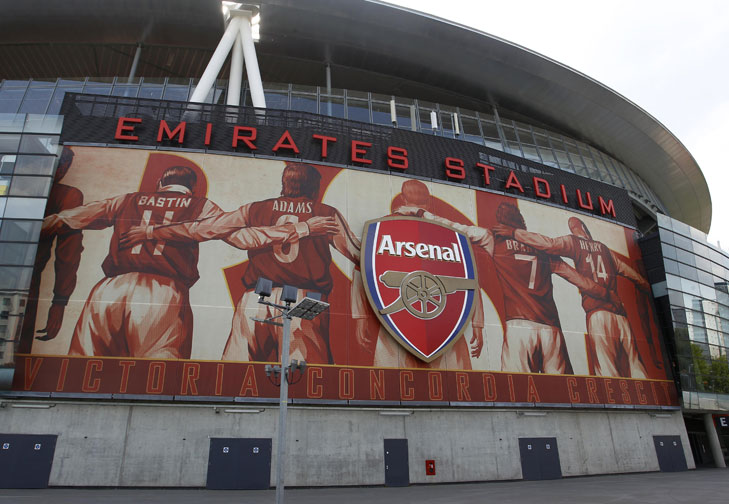October 18 – Arsenal is transitioning from Arsene Wenger to Unai Emery, and from being a publicly traded company to a privately owned football club. As the changes take place so the financial transparency and supporter interaction with the club is taking a new shape.
Arsenal’s annual general meeting of shareholders is now scrapped, while the accounts have yet to be made public, sparking concern among supporters over the size of the club’s losses and money available to improve their squad.
Accounts of Arsenal Football Club plc reported pre-tax profits reaching £69.2 million on turnover of £408 million for the year to end May 2017.
A breakdown of this turnover showed that, while broadcasting revenue shot up from £140.5 million to £198.6 million, match day revenue was down from £91.5 million to £86.1 million. Just over £56 million of overall broadcasting revenue was derived from the Champions League.
But with Champions League revenue having gone as swiftly as the eventual departure of Wenger, so has the club’s fiercely guarded profit position with Arsenal’s Supporters’ Trust concerned that the operating losses will be unexpectedly high and put pressure on the club in the transfer markets to improve the squad. The club is already said to be locked into its highest wage bill ever.
Fuelling the concerns is the club’s decision to withdraw a contract renewal offer to Aaron Ramsey, with fans of the opinion that this has as much to do with financial housekeeping as on-field requirement.
Not that it is their legal concern as shareholders any more. Anyone who was a shareholder is having those shares compulsorily purchased following the takeover by American Stan Kroenke. Kroenke bought Russian Alisher Usmanov’s 30% shareholding for £550 million (£29,000 per share), giving him 98.82% of the club and triggering the compulsory purchase of the remainder of the shares.
Although shareholders will see all see significant share value increases, for many it is not about the value but what the share ownership meant to them – a shareholder journey for many that was eloquently outlined in a New York Times story this week.
There is one turnaround in this situation. Arsenal’s fans used to complain bitterly that they never spent their money in the transfer market. Now they are concerned that they are overspending. But why should they worry, it’s not their money any more.
Contact the writer of this story at moc.l1745344020labto1745344020ofdlr1745344020owedi1745344020sni@n1745344020osloh1745344020cin.l1745344020uap1745344020

